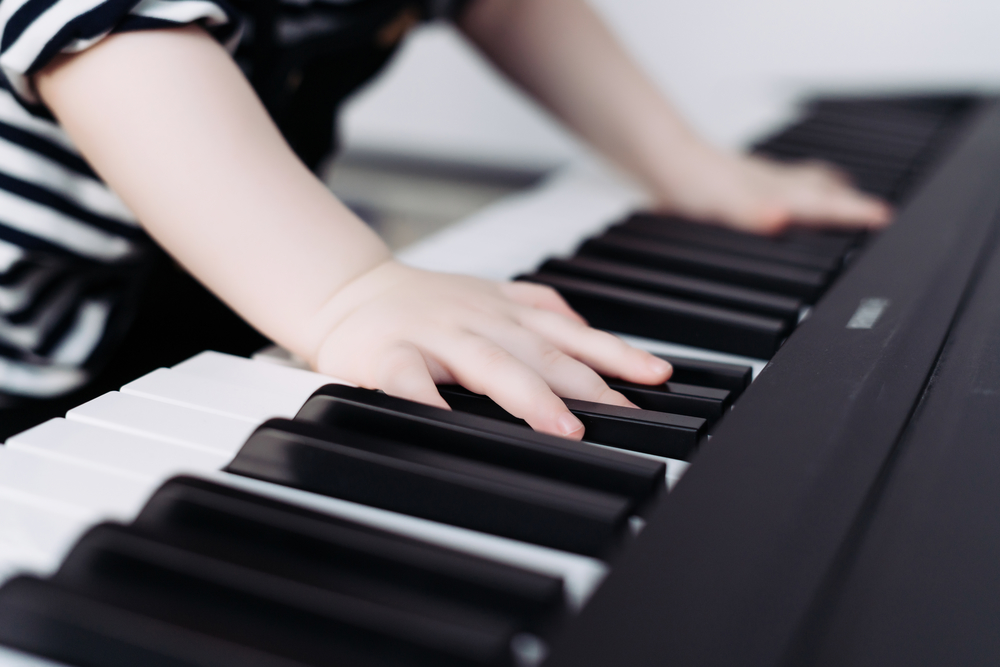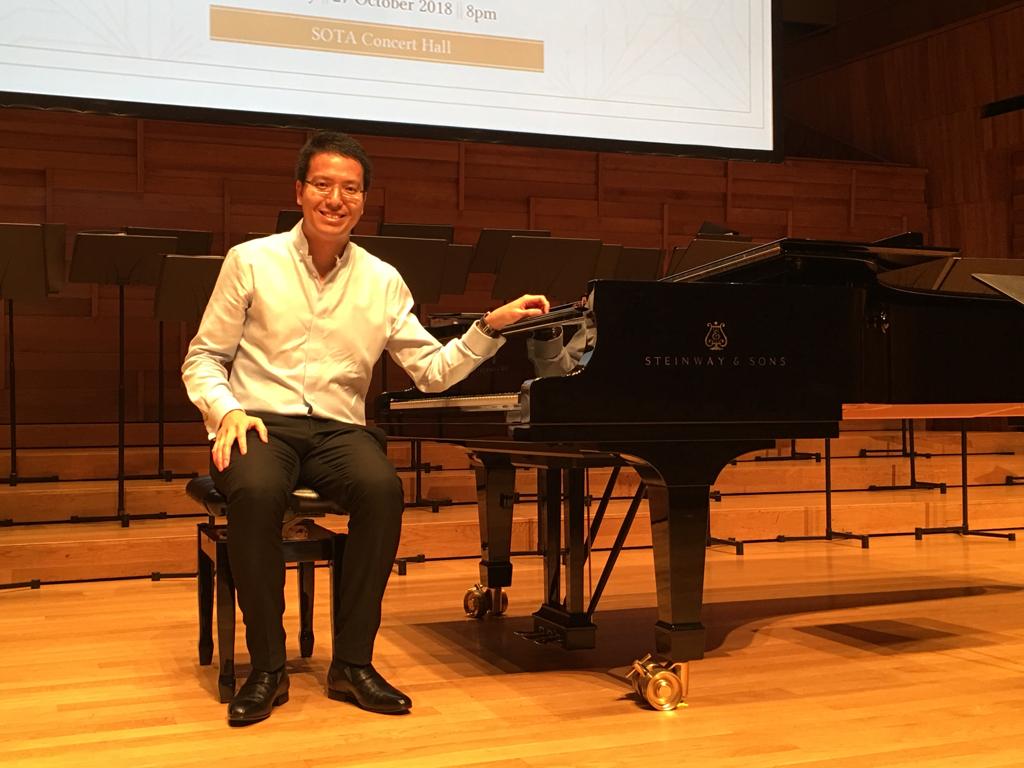“My kid simply has no interest in his piano lessons. How do I deal with that?”
I would prefer to rephrase the question as “Why is my kid not showing interest nor progress in learning to play the piano” as interest and progress are interdependent.
The question is a broad one as the answer depends on the age and grade (if any) of the student. In the best interest of time and space, I will be sharing my views on the broadest group of piano students, the beginners.
By that, I refer to children who are probably between the age of 5 to 8, pre-grade 1 to grade 1. It is interesting to note that children around that age generally don’t have very strong opinions yet on what they want to learn. For instance, if we offer a private one-to-one ballet lesson to two boys, ages 5 and 10 years old respectively, we will expect a lot more resistance from the 10-year-old.
As a tween with his own opinions, he might have the perception that ballet lessons are for girls (I don’t agree with that by the way. Male dancers are essential to ballet performances!). His interactions with peers had led him to believe that it is only girls who take up ballet classes.
The 5-year-old boy, on the other hand, would probably not have that preconceived gender bias yet. Should he proceed with the lesson, it is likely that he will find them fun and engaging, leading to him having an interest in ballet and likely excel in it. This interest would be cultivated largely on what he experienced during the class.
The same reasoning goes for piano lessons.
Young children share a common trait. They understand a common language which is based on encouragement, acceptance and a sense of achievement, all while doing things that are enjoyable and engaging.

I would say it is on the onus of the teacher to foster that environment. Encouragement, acceptance and a sense of achievement is something felt and sensed through the teacher’s words, body language, expression.
But what about making piano playing enjoyable and engaging? Now, that’s the tricky part. The answer lies in the pedagogical methods used. Or to put it simply, the way that the teacher teaches. How can the teacher teach things like rhythm, note reading, scales, a new piece, and theory – and keep it fun for the children? Therein lies the most crucial factor that will boost or diminish a child’s interest and progress. That will be the point of discussion in the next article. Stay tuned!
Article contributed by Dale Huang

Dale Huang majored in Piano Performance at the Nanyang Academy of Fine Arts, graduating with a BA(Hons) Music, awarded by the University of Wales. A finalist in the 9th International Chopin Piano Competition (General Category) Tokyo, he also holds a Licentiate in Piano Performance (LRSM) with Distinction and was named Southeast Asia’s High Scorer that year (2006).
Currently the Resident Répétiteur of the Singapore Lyric Opera Chorus, he is passionate about choral music and has been involved in musical collaborations in this area for the last two decades.
Dale devotes a large part of his time to piano teaching. He is highly sought after for his pedagogical insights and ability to connect with students across all levels and ages, delivering lessons that are both effective and engaging.























